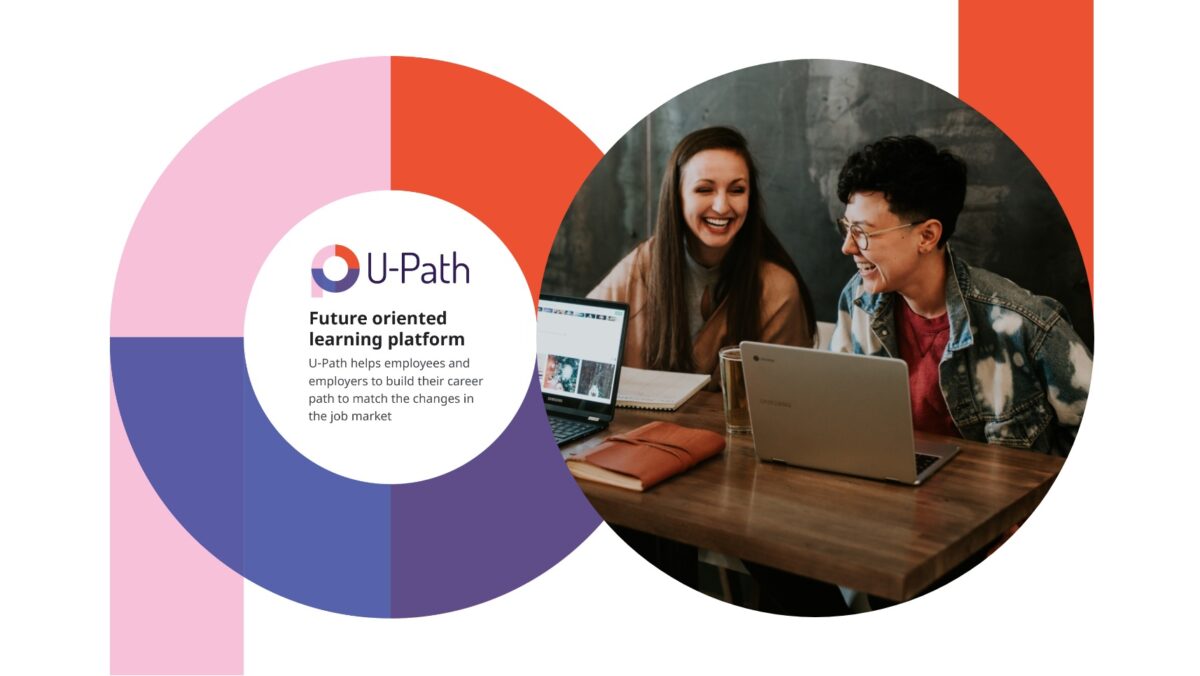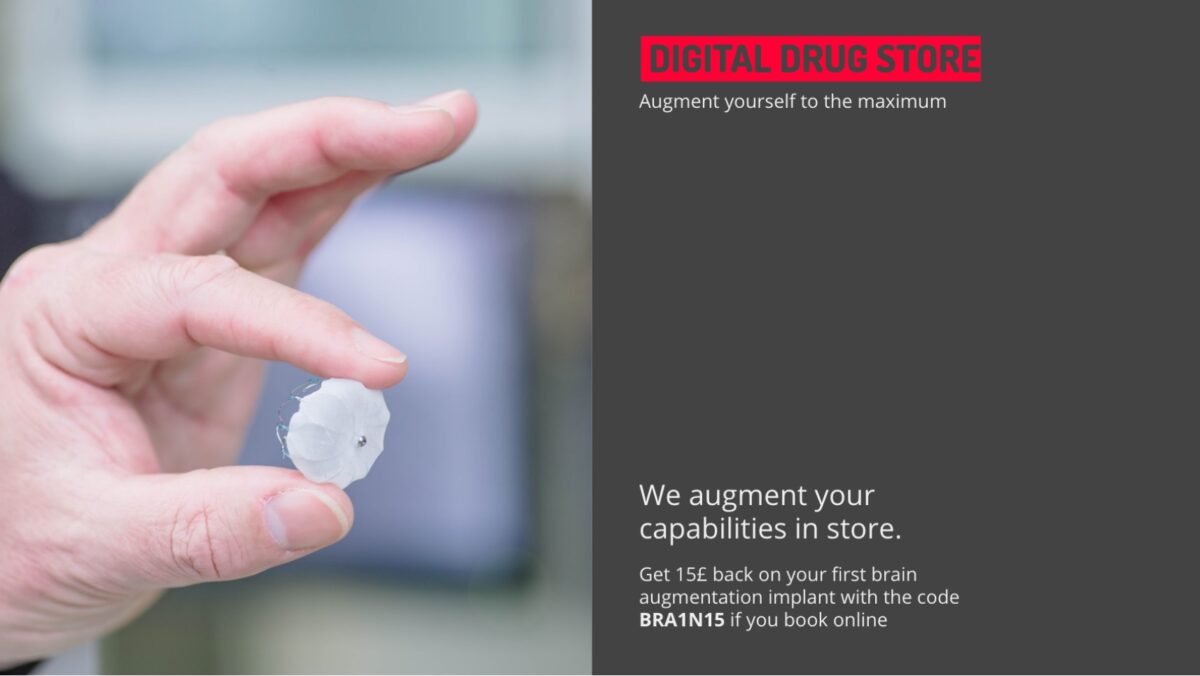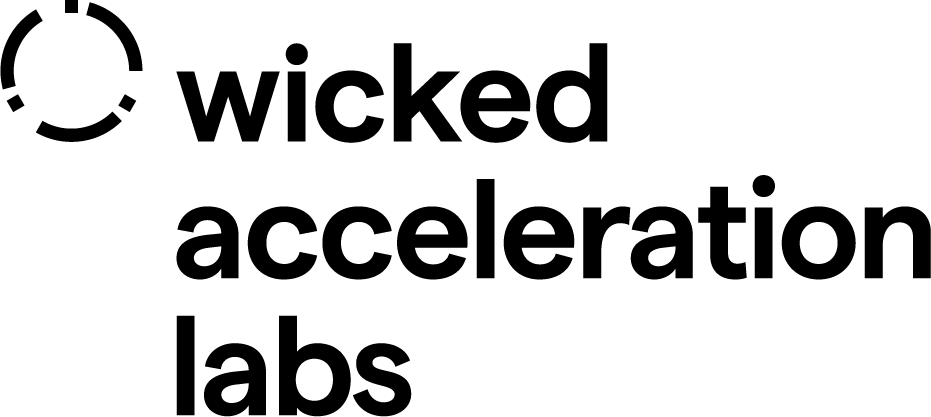
Work
Work becomes fluid, remote, unstable and performative. The possibilities and challenges for working life continue to grow
The forces acting on ‘Work’ in the future
Among the many forces influencing our relationships with work in the future, we explore three areas.
- The first is about the emergence of more workplace flexibility as people work remotely from all over the world, for varying employers, adjusting the relationships between people’s perceptions of work, home and travel. In this context, we also propose a trend in skills-based, on-the-job learning that may alter the way educational institutions are used and reframe employment purely as a pathway to more advanced skills.
- At the same time, we explore how platform monopolies promote gig-working, which has the potential to produce even more flexibility in people’s lives, but could also lead to far greater insecurity. In this context, we consider what can be done to support and protect people from this potential insecurity and how their needs may change in the search for employment.
- Finally we look at the emergence of augmented technology that may make it possible for people to maximise their performance in whatever they do, creating new types of working cultures and raising questions about competition, equality and consent and work/life balance.
With these potential forces acting on people’s relationship with work, we explore three hypothetical Future Scenarios: Blended work-home-travel, Work Instability and Self Expansion.

Blended Work-Home-Travel
The increased demand for workforces with flexible capacities alter the role of education as work and skills-based training become intertwined. At the same time, geographic flexibility allows people to work remotely and we may see shifts in the relationship between people’s work-life, home-life and travel.

Work Instability
Work could easily become intertwined with education making it a lifelong process of development and reinvention rather than a specific period in our lives. To facilitate this change, more inclusive, skills-based, education platforms may expand to challenge expensive, formal education systems.

Self expansion
People have augmented capabilities that boost their productivity and skills and can become working machines that produce non-stop. For them, the line of separation between work and home may fade and financial success could simply allow the purchase of more skills to earn more money in a dangerous cycle.
Recommended readings

Proposition Types
Need Commoditisers
The commoditisation of our needs and values to incentivise behaviour change. The advanced digitisation of our lives could result in the quantifying and subsequent unionisation of different aspects of behaviour and the values that drive them.







